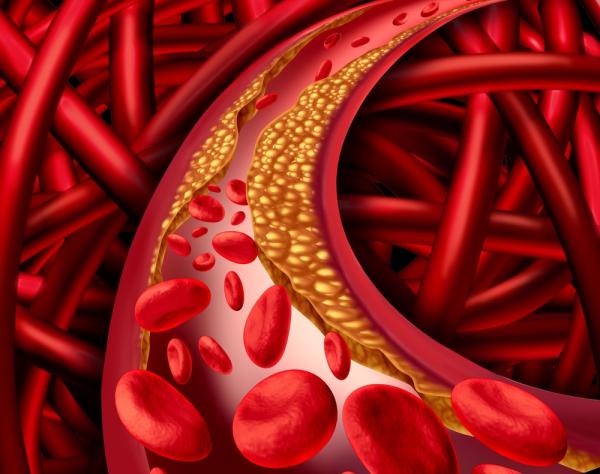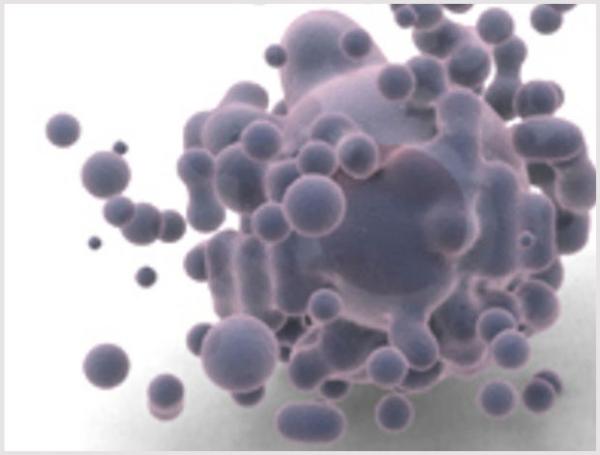Designer Drug Uses Double Whammy to Fight Heart Disease
Custom-Built Molecule May Improve On Its Natural Counterpart
Ten years ago, a young woman from Chicago came to the National Institutes of Health with a rare genetic condition. A mutation in her DNA was making her metabolic system malfunction, causing levels of fat molecules called triglycerides in her blood to skyrocket far out of the normal range. This triggered inflammation in her pancreas, a painful and potentially life-threatening condition known as pancreatitis. She couldn’t understand why there wasn’t any kind of treatment to help her.
IRP senior investigator Alan T. Remaley, M.D., Ph.D., took on the challenge with the help of Anna Wolska, Ph.D., a research fellow in his lab. Dr. Remaley leads the Lipoprotein Metabolism Section in the National Heart, Lung, and Blood Institute (NHLBI), where he and Dr. Wolska study lipoproteins, small particles that transport fats such as cholesterol and triglycerides through the bloodstream to be broken down and used by cells for energy. Their efforts to help that young woman ultimately led to the discovery — published last January — of a new strategy for reducing triglycerides in order to treat serious ailments like pancreatitis and heart disease.



